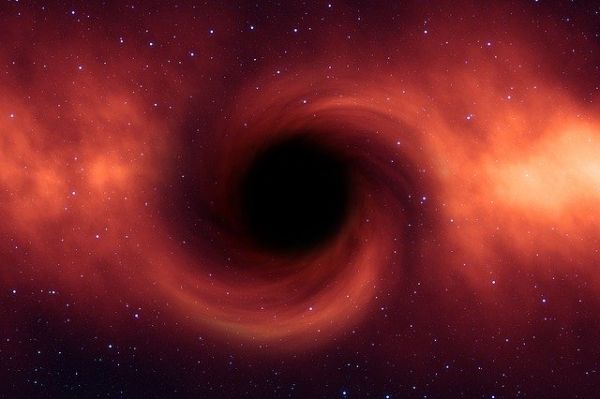Echoes in gravitational wave signals suggest that the event horizon of a black hole may be more complicated than scientists currently think.
Research from the University of Waterloo reports the first tentative detection of these echoes, caused by a microscopic quantum “fuzz” that surrounds newly formed black holes.
Gravitational waves are ripples in the fabric of space-time, caused by the collision of massive, compact objects in space, such as black holes or neutron stars.
“According to Einstein’s Theory of General Relativity, nothing can escape from the gravity of a black hole once it has passed a point of no return, known as the event horizon,” explained Niayesh Afshordi, a physics and astronomy professor at Waterloo. “This was scientists’ understanding for a long time until Stephen Hawking used quantum mechanics to predict that quantum particles will slowly leak out of black holes, which we now call Hawking radiation.
“Scientists have been unable to experimentally determine if any matter is escaping black holes until the very recent detection of gravitational waves,” said Afshordi. “If the quantum fuzz responsible for Hawking radiation does exist around black holes, gravitational waves could bounce off of it, which would create smaller gravitational wave signals following the main gravitational collision event, similar to repeating echoes.”
Read more at University of Waterloo
Image via University of Waterloo


